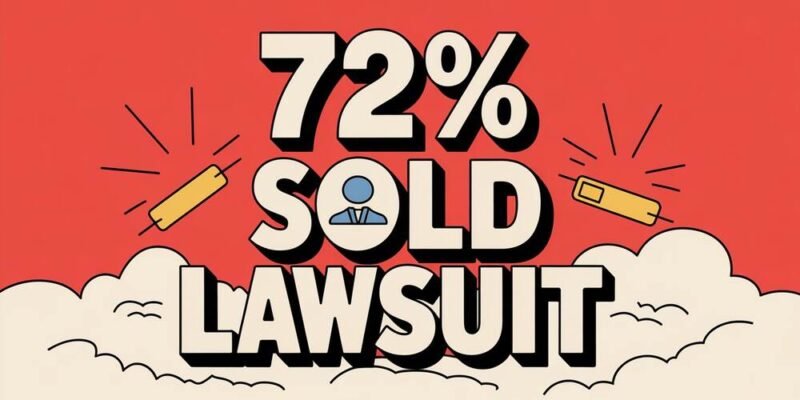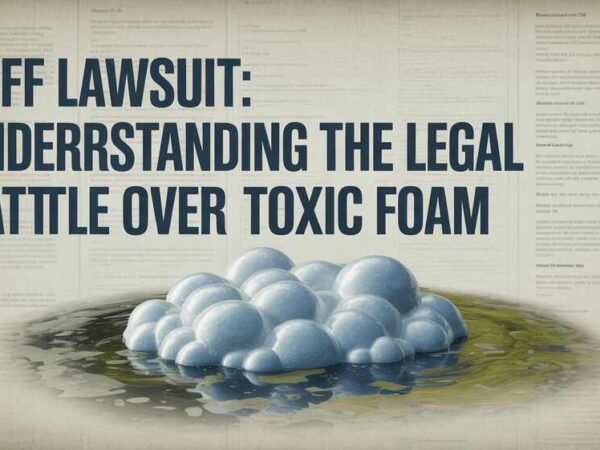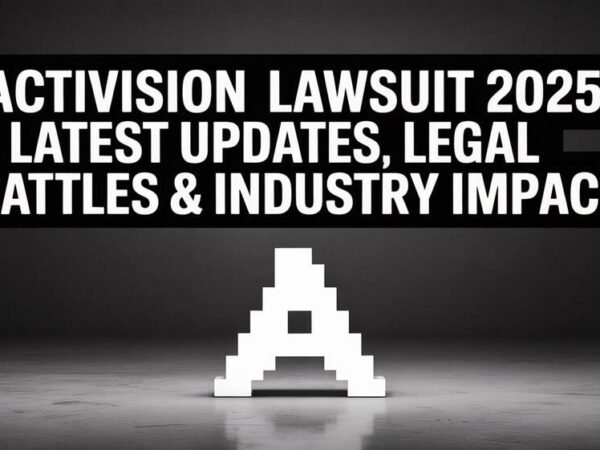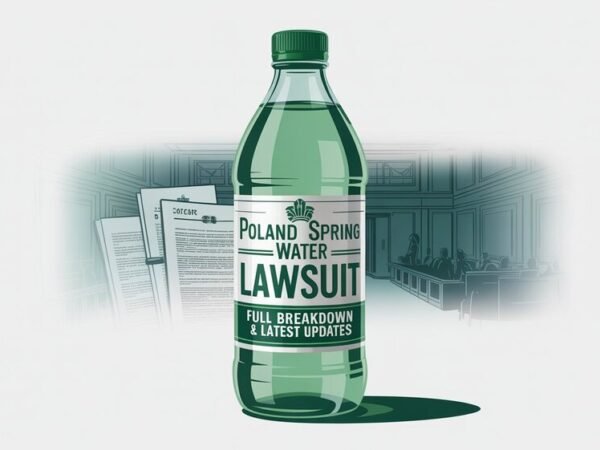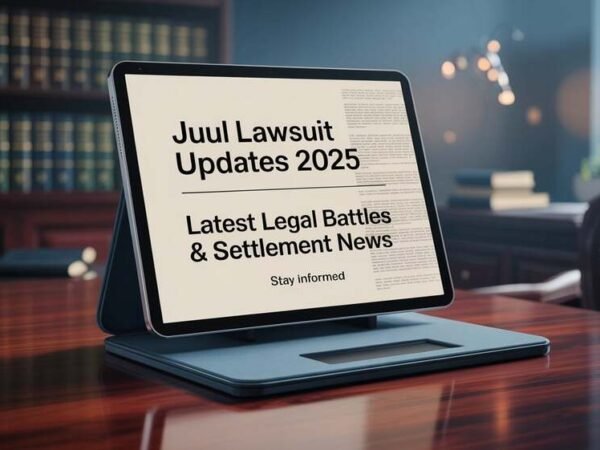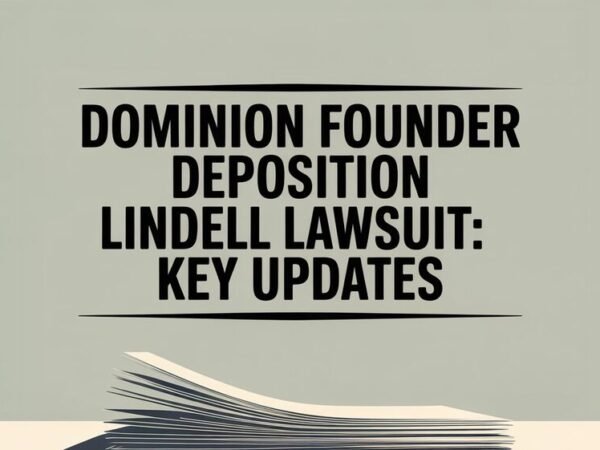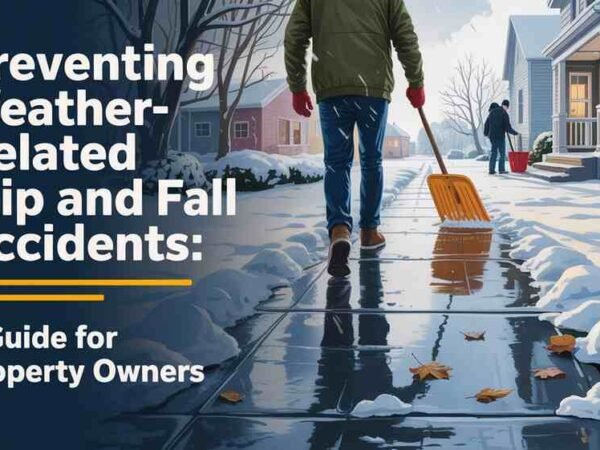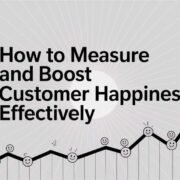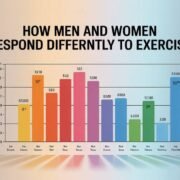What Is 72 Sold?
72 Sold is a real estate company that promises to help homeowners sell their properties faster than traditional methods. Founded to streamline the home selling process, the platform uses a combination of marketing, strategic pricing, and a national network of agents to generate quick offers. 72 Sold’s primary draw is its promise to sell homes in eight days or less, a bold claim that has garnered both attention and skepticism. As the company expanded nationally and partnered with brokerages across the United States, its influence in the real estate industry grew substantially. However, the speed-focused model that made it popular is now at the center of legal scrutiny.
Breaking Down the 72 Sold Lawsuit
The “72 Sold lawsuit” refers to legal actions against the company for various alleged consumer protection violations. The lawsuit was filed after numerous complaints suggested that the company may have misrepresented its services and potentially misled consumers about fees and home sale outcomes. Legal documents indicate that private plaintiffs and regulatory authorities have been interested in the company’s advertising practices and contractual terms. The lawsuit primarily concerns whether 72 Sold violated truth-in-advertising laws and consumer rights protections, particularly in states where strict real estate disclosure requirements apply.
Key Allegations Made Against 72 Sold
One of the core allegations in the 72 Sold lawsuit is that the company exaggerated or misrepresented the timeline in which homes would be sold. While “72 hours” or “8 days” may appear in marketing material, critics argue that these timeframes were rarely met in practice. Consumers also claimed they were not informed of significant service fees or hidden costs until late, sparking further legal concerns about transparency.
Other allegations point to potential false advertising, where properties were showcased as sold quickly while those listings had been on the market for weeks. There were also concerns about how agents affiliated with 72 Sold represented their fiduciary responsibilities. Some plaintiffs argue that agents prioritized speed over getting the best value for clients, leading to financial losses for home sellers. Finally, contracts allegedly contained vague or misleading clauses, complicating dispute resolution and refund requests.
Timeline of the Legal Proceedings
Initial murmurs about consumer dissatisfaction with 72 Sold began surfacing in early 2023, with formal legal filings becoming public in late 2024. By early 2025, several class-action suits were consolidated, and consumer protection agencies in multiple states began investigations. As of April 2025, the case is ongoing, with pre-trial hearings scheduled for mid-year. Discovery is expected to bring forward internal company communications and marketing strategies that may serve as key evidence. Additional regulatory action could follow depending on the outcome, especially if consumer rights violations are substantiated.
72 Sold’s Official Response
72 Sold has responded to the lawsuit by firmly denying any wrongdoing. In official statements, the company argues that its marketing is aspirational and based on average results in competitive markets. The leadership has emphasized that the model works well for motivated sellers and that all fees are disclosed before any contract is signed. The company has also pointed out that many complaints come from isolated incidents that don’t reflect their overall client satisfaction rates.
72 Sold has implemented more robust agent training to address public concerns and adjusted some of its advertising language to be more apparent. Executives have reassured stakeholders that the company cooperates fully with authorities and intends to defend its reputation vigorously.
Impact on Consumers and Home Sellers
The consumers at the center of the 72 Sold lawsuit report many negative experiences. Some were misled into thinking they would receive multiple offers in under a week, only to find their homes languishing on the market. Others were caught off guard by additional fees that reduced their final take-home earnings.
These issues caused financial strain and emotional stress, especially for homeowners in time-sensitive situations like job relocations or family emergencies. As the case unfolds, consumer advocates urge prospective sellers to be cautious and seek independent legal advice before signing with any real estate firm that promises rapid results.
Legal Perspective and Real Estate Regulations
The heart of the 72 Sold lawsuit is whether the company violated key consumer protection laws. Legal experts note that real estate companies must adhere to both federal advertising standards and state-level regulations that govern contract transparency and agent conduct. The case could set new legal precedents, mainly if courts determine that speed-focused models are inherently prone to consumer deception.
Real estate law mandates that service terms, agent duties, and all costs be communicated to clients. Failure to do so may lead to violations of the Federal Trade Commission Act, state real estate licensing laws and truth-in-advertising rules. If 72 Sold is found liable, regulators may push for stricter oversight of real estate tech platforms.
Effect on the Real Estate Industry
The lawsuit has sent ripples through the broader real estate community. Competing firms have seized the opportunity to promote their services as more transparent and client-focused. Some brokerages are reconsidering partnerships with platforms emphasizing speed over service quality.
Real estate agents, particularly those affiliated with 72 Sold, face increased scrutiny. Consumers are asking more questions, reviewing contracts more carefully, and expecting a higher level of disclosure. The legal pressure may also prompt industry-wide changes in digital-first home-selling models, especially concerning marketing ethics.
Media Coverage & Public Opinion
The media has been quick to pick up on the controversy. Major outlets have published investigative reports and interviews with disgruntled homeowners. News segments often highlight the disconnect between 72 Sold’s bold claims and the actual results experienced by clients.
Social media has played a critical role in shaping public perception. Platforms like Reddit, Twitter, and Facebook feature threads where users share their good and bad experiences. While some still defend the model as innovative, the prevailing sentiment is cautious. The phrase “72 Sold lawsuit” has become a trending search term, reflecting widespread public interest in the case.
Lessons for Homeowners and Future Sellers
There are key takeaways from the 72 Sold lawsuit that all homeowners should consider. First and foremost, any promise that seems too good to be true should be examined critically. Fast sales may come at the cost of lower returns or undisclosed fees. Consumers should always request complete documentation and understand contract terms before proceeding.
It’s also important to vet the agents and platforms you work with. Look for third-party reviews, check licensing statuses, and consider consulting with a real estate attorney. Protecting yourself with due diligence is more important than ever in an increasingly digital real estate environment.
What’s Next for 72 Sold?
The future of 72 Sold depends heavily on the outcome of the current legal proceedings. The company could face fines, mandated operational changes, or even temporary suspensions in some markets if found liable. There is also speculation that 72 Sold may consider rebranding or merging with another firm to distance itself from the controversy.
That said, the company still has a loyal base of supporters and may survive if it takes concrete steps toward greater transparency and compliance. Industry analysts are watching closely to see whether this marks a turning point for online-focused real estate models or simply a cautionary tale.
Conclusion
The 72 Sold lawsuit is more than just a legal battle; it’s a wake-up call for the real estate industry and consumers. It underscores the importance of ethical marketing, full disclosure, and regulatory compliance in a sector where trust is paramount. As the case unfolds, it offers valuable lessons about the risks of prioritizing speed over service. It serves as a reminder that transparency should always be the foundation of any real estate transaction.
Whether 72 Sold emerges from this controversy stronger or faces lasting damage remains to be seen. However, one thing is sure: the outcome will have a lasting impact on how homes are marketed and sold in the digital age.
Do Read: ATT Data Breach Lawsuit – What You Need to Know in 2025


